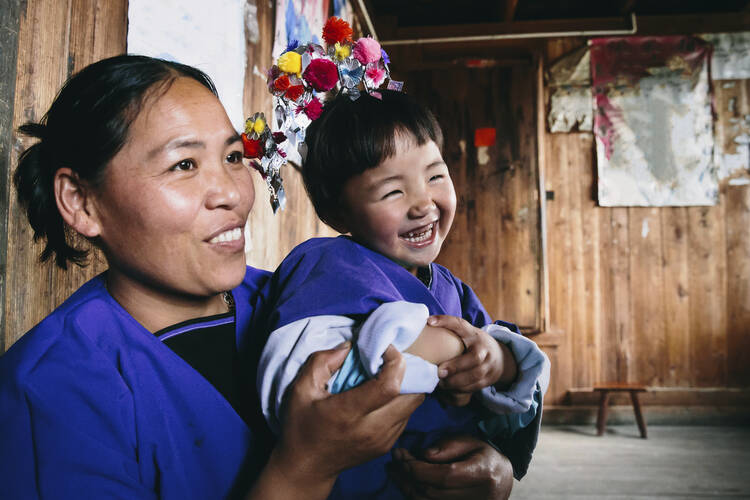Earlier this month, the Chinese government passed its first law against domestic violence. Prior to the new legislation, separate laws and regulations, like China’s Second Marriage Law, dictated how to deal legally with domestic violence. The Anti-Family Violence Law, which went into effect on March 1, defines “domestic violence as…when people within a family beat, tie up, abuse or limit personal freedoms, or regularly verbally abuse or terrorize, causing physical or mental harm.” Along with specifically defining what constitutes domestic violence, the new law makes it easier for abuse victims to obtain restraining orders.
Many in China commend the law, which also applies to cohabiting partners as well as children and the elderly. But certain women’s rights activists in China expressed concerns because the law does not clarify whether it protects same-sex partners. (Studies show that domestic violence among same-sex partners is as prevalent as among heterosexual couples, but it is not as openly discussed.) Others argue that the law will create problems because it will change certain traditions accepted in the country, like the corporal punishment of children.
The Anti-Family Violence Law, while still raising many concerns, is a great step forward for China. According to a survey conducted by the All-China Women’s Federation, one in four Chinese women suffers from domestic violence at some point in her life. This kind of legislation will make it easier for many Chinese women to leave abusive relationships and get the help and support they need.








